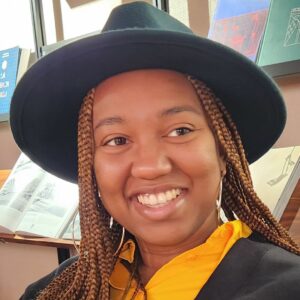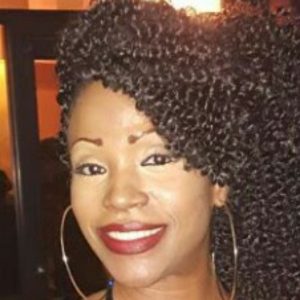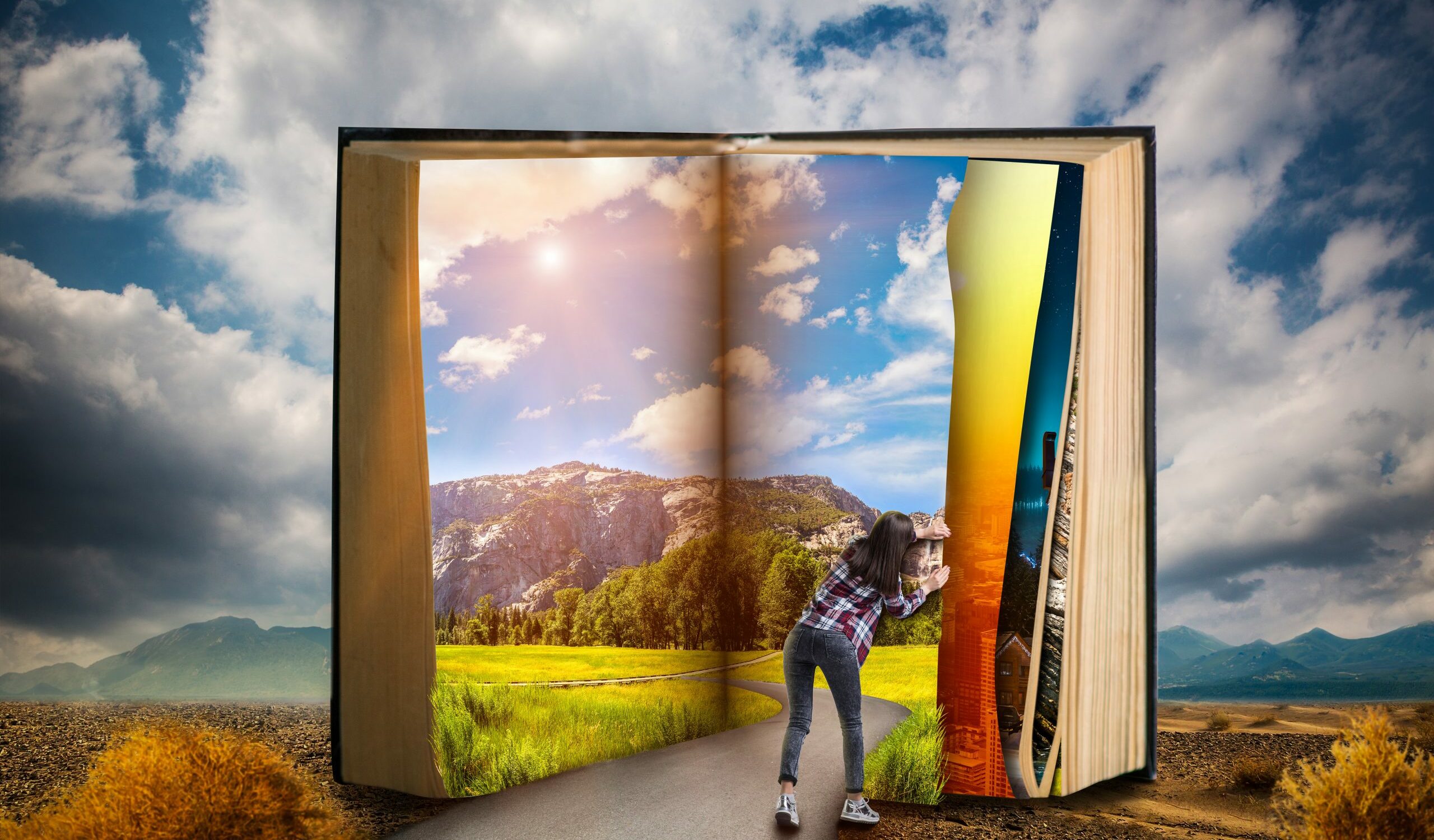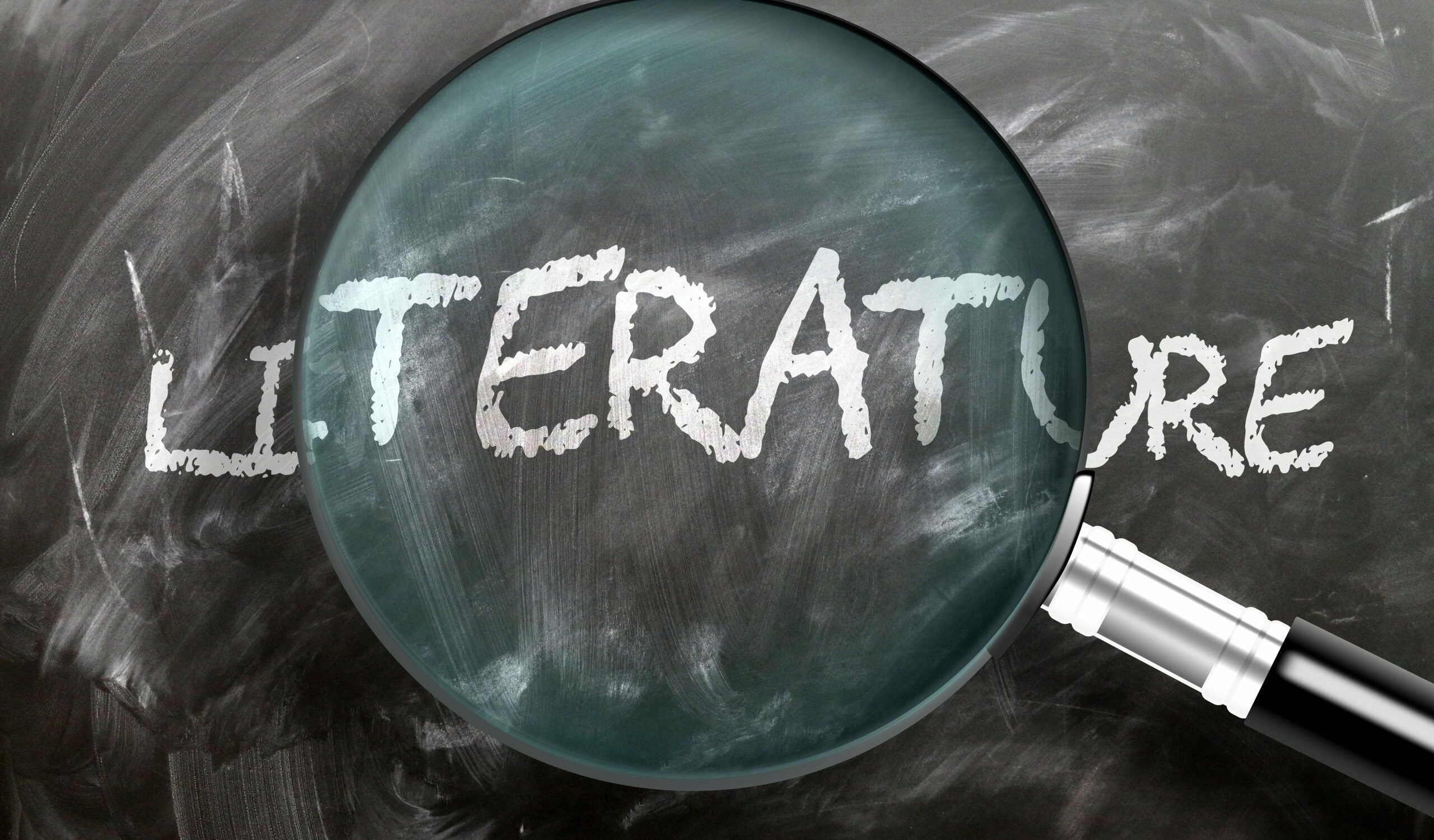Expert At-Home Literature Tutors with Free Consultations in the NYC Metro Area
PERSONALIZED AT-HOME LITERATURE TUTORING SERVICES FOR HIGH SCHOOL AND COLLEGE STUDENTS | FREE CONSULTATIONS. PRIVATE PAY TRAVELING TO YOUR NYC Metro Area Home.
New York City (NYC)
Manhattan
Brooklyn
Queens
Staten Island
Bronx
Long Island (including the Hamptons)
Westchester
New Jersey (NJ)
Connecticut (CT)


TESTIMONIALS
Students of all ages receive one-on-one tutoring in all instructional materials, test preparation, and executive function coaching as required. At Themba Tutors, we take the time to help students/clients understand their strengths and progress in areas where they need to improve. We offer personalized tools for each of our clients to help them become more aware of their individual needs as they work towards short-term goals. Improving these skills will benefit our students’/clients’ long-term plans.


VICTORIA
Masters in English Language Arts

ASHLYN
M.A. in Middle School English

FOTINI
Master’s Degree in Secondary Education for English

KAYLA
M.S.E.D. in Teaching Urban Adolescents with Disabilities with a Bilingual Extension

MICHELLE P.
Master’s in Special Education, Second Master’s in Educational Leadership, Bachelor’s in Communications and Psychology

LEE
Academic Intervention Specialist, BA Majored in English Literature and Minored in Public Policy and Law

MELISSA S.
Ph.D. Candidate in School Psychology, Master’s in Special Education

BRIAN F.
M.S. in Education
**Guarantee: It’s critical that whoever receives our tutoring services connects with the specialist, the specialist has expertise in the area of need, and is available to travel to you. If you are not 100% satisfied with our services, we are 100% committed to finding you the right professional.
How Can a Literature Tutor Help?
For some students, studying English literature is challenging because it is difficult for them to relate and feel connected to these literary works. But while we may not always be able to draw parallels between these stories and our own experiences, literature allows us to see how different situations and events impact a person. Studying literature and understanding these stories also help us pinpoint underlying themes and understand different characters and scenarios. This is crucial as we try to gain better understanding and empathy for the people around us. This, too, is what a literature tutor aims to help develop in students.
With the help of a literature tutor, literature can also help students improve their vocabulary, reading comprehension, and critical thinking. These skills are all essential not only to one’s academic success but also in their personal and professional lives later on.
At Themba Tutors, we are committed to helping students succeed in their literature classes and achieve their academic goals. But most importantly, our literature tutors hope to instill a genuine love for literature in the students that we teach.
If you are looking for a High school & College Literature Tutors to help your child succeed in school, then we are here to help. Themba Tutors provides personalized, 1:1 private online and in-home literature tutoring for students in high school and college. Our literature tutors are committed to help your child gain a better understanding and deeper appreciation for literature—from classic novels to contemporary poetry.
Our Themba Tutors’ Literature Tutor will:
- Establish strengths, weaknesses, and areas of needs by getting to know your child
- Tailor literature lessons according to your child’s needs
- Create lesson plans that are designed to maximize your child’s time and interests
- Help maintain your child’s motivation so they stay focused and engaged on the material
- Create exercises to help improve their vocabulary
- Help improve reading comprehension
- Guide your child in identifying elements of literature, such as underlying themes, the motivations and points of view of the characters, figures of speech, imagery, and the author’s style, to name a few.
- Work on assigned reading materials and guide your child in literature analysis, criticism, and comprehension
- Discuss and critique literary works with your child
- And more!
What Is Literature?
Our learning specialists and academic tutors provide 1:1 individualized literature tutoring for high school and college students.
When we talk about literature, what often comes to mind are literary works such as poetry, short stories, and classic novels. But in its simplest and broadest sense, literature refers to any type of written work. It comes from the Latin word litaritura or litteratura, which simply translates to “writing formed with letters.” The definition of literature may also sometimes extend to textual work that are spoken, sung, or performed, such as hymns, songs, and spoken word poetry.
5 BOOKS EVERY STUDENT SHOULD READ THAT WILL CHANGE YOUR LIFE
What Are Literary Works?
Poetry, short stories, fiction, and nonfiction novels, and other creative compositions are all considered literary works. But going by its very definition, literature can also refer to academic papers (theses, dissertations), marketing and advertising materials (brochures, catalogs), reference books, and even computer programs and databases. Literary works may also sometimes extend to written compositions that are sung, performed, or spoken and can also include unpublished work.

What Are Examples of Literary Works?
- Fiction
- Nonfiction
- Manuscripts
- Poetry
- Contributions to collective works
- Compilations of data or other literary subject matter
- Dissertations
- Theses
- Reports
- Speeches
- Bound or loose-leaf volumes
- Secure tests
- Pamphlets
- Brochures
- Textbooks
- Online works
- Reference works
- Directories
- Catalogs
- Advertising copy
- Single pages of text
- Tracts
- Games
- Automated databases
- Computer programs

What Are the Seven Elements of Literature?
Plot
The plot of a movie, story or other work of literature is the chain of events that move the narrative and the characters. These events are connected and have a cause-and-effect relationship. A plot must have a structure, which consists of:
- Exposition – Characters and the beginning of conflict are introduced.
- Rising action – The story escalates and is set in motion by a series of events.
- Climax – The peak of the story or where the series of events have been building up to.
- Falling action – Subplots and smaller conflicts are resolved.
- Denouement – The final part where plot elements are drawn together and conflicts are explained or resolved.
Being able to identify the narrative structure is important when analyzing and critiquing any piece of literature. A literature tutor can help your child through this process by discussing the material and its parts and providing guide questions.
Setting
The setting serves as the backdrop or the time and geographical story where the story takes place. It can be a fictional world, all-encompassing (a school, a farm, a Florida beach), or more intimate (inside a car, a dive bar, or a jail cell). When establishing the backdrop of a story, it’s important to make the reader have an accurate visualization of the place, particularly when the setting plays a key role in the narrative. Hence, the setting also includes the landscape, weather or climate, the time of day, and the social and cultural characteristics of a place. In many instances, the setting plays a crucial aspect in the story that it becomes almost like a character itself. Your child can glean the importance of a narrative’s setting as he or she discusses the material with a literature tutor.
Point-of-view
Point of view refers to the narrative voice used to tell the story. It is the character’s perspective on how the story unfolds or is told by the writer. A story’s point of view may be written in the first person, third person, and very rarely, second person.
Style
Successful writers have a distinct style that they develop over time. It includes their word choice, the way they structure and arrange their sentences, the type of language they use, and the way they describe scenes or establish mood. Some writers have styles that are so unique that readers immediately know who wrote the story or novel without even checking to see the author’s name. A literature tutor can provide your child with examples of literary works from authors with distinct styles.
Theme
When writing a story, it is the plot that sets the narrative in motion. But every narrative has an underlying theme that is explored as the story progresses through its plots and subplots, characters, setting, or dialogue. Through this exploration of the theme, a writer may choose to inject his or her own opinion through the characters or the way the story is concluded. Or, the author can leave it to the readers to decide and form their own thoughts on the theme. For the most part, an effective theme must invite discussion and analysis from its readers. When working with a literature tutor, your child can gain a better understanding of the text and be guided in identifying underlying and general themes.
Literary Devices
Literary devices are the tools used by a writer to make to create an engaging story, carve his or her own style, and guide the readers through the narrative. A literature tutor can help your child identify these literary devices in the materials they are reading. Some examples of literary devices that we often see in literary works are:
- personification
- alliteration
- simile
- metaphor
- symbolism
- irony
- foreshadowing
- allusions, to name a few.
Whether it’s a poem, short story, novel, or any literary piece, literature is a reflection of human life. It captures the social, political, cultural, and personal struggles and triumphs of a certain time. In a way, literature is a historical account, wherein future generations can glean and learn about life from a time long past.
Literature exposes us and allows us to understand different perspectives and mindsets.
While we mostly view literature as a form of entertainment, it also allows us to immerse ourselves in scenarios and perspectives that may be foreign to us. By understanding the unfamiliar, we get to know ourselves and the world around us more.
Literature opens our minds and encourages empathy.
By following the journey of a story’s characters, we learn to open our mind to another person’s struggle and develop empathy. Regardless of a character’s background, being immersed in their story gives us a connection that translates into the real world, where we begin to understand people regardless of their country, race, culture, religion, or political convictions.
Literature allows us to escape and imagine possibilities.
Because reading is so immersive, a good piece of literature can transport us to worlds beyond our imaginings. It is not only a form of entertainment but a way for us to explore and dream of possibilities that may not always be attainable in the real world.
Tutoring, Coaching, Learning Specialists, Academic Tutors Services
We have expertise in:
- Online Tutoring/Coaching
- English, and English Language and Arts (ELA)
- Literature
- Reading (Grades 1-12, and College)
- College Application Essay
- Writing (School-Age, College, and Adult)
- Song, Poetry, and Creative Writing
- Handwriting Tutors
- Math (Grades 1 to 12, College, Adult)
- Pre-Algebra, Algebra I, and Algebra II
- Geometry
- Trigonometry
- Pre-Calculus and Calculus
- Statistics
- Math Word Problems
- Exeter Math
- Biology (High School Biology, and AP Biology)
- Chemistry
- Physics
- Earth Science
- History and Social Studies
- Psychology
- Foreign Languages
- Test Prep (SAT, GRE, SHSAT, ISEE/SSAT, ELA, Regents, TASC, MAP Growth, LOTE Test, GED Test)
- Graduate School & Ph.D. Application Consulting
- Executive Functioning Skills (Grades 4 to 12, college, and adult)
- Adult Dyslexia Tutoring
- Adult ADHD/ADD Coaching
- Study Skills/Test Taking Tutoring
- International Baccalaureate IB Tutors
- Homeschooling
- Digital Literacy
- Computer Science
- Engineering Design
- Python and JavaScript Computer Programming (Coding) Tutoring
- Machine Learning
- Data Analytics, and Data Science
Our literature tutoring services are customized to fit every student’s need
FREE CONSULTATION!!!
Call: (917) 382-8641, Text: (833) 565-2370
Email: [email protected]
(we respond to email right away!).

